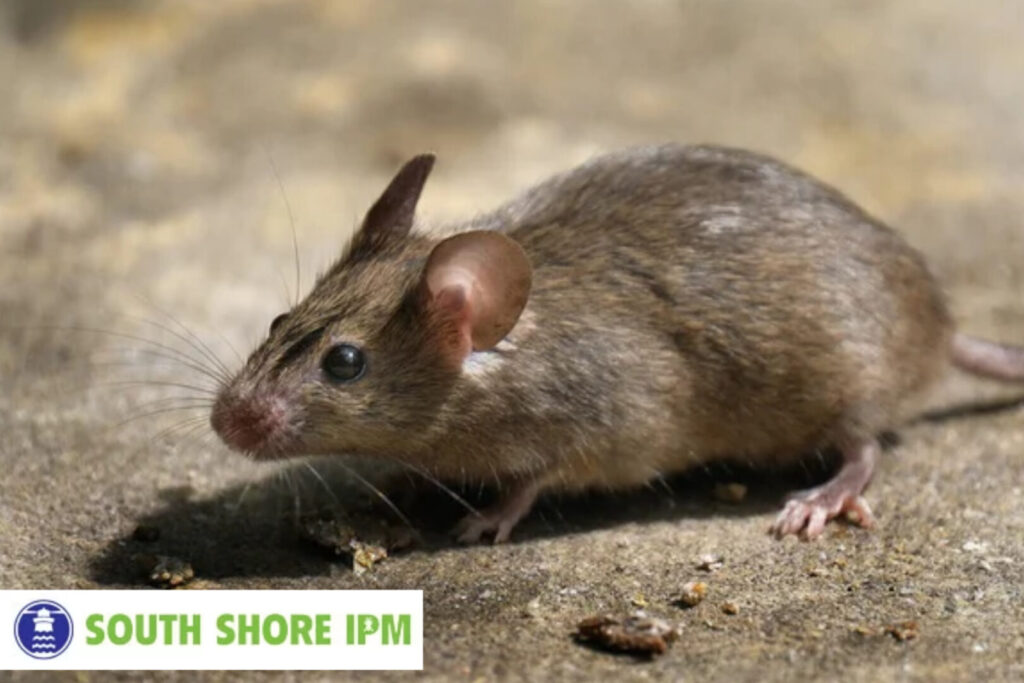Should I Use Rat Traps? A Guide By South Shore IPM
Rodents, especially rats, are a persistent and dangerous problem for homeowners and business owners in Boston. These pests carry diseases, cause structural damage, and contaminate food supplies. If you’re dealing with a rat infestation, you might be wondering, “Should I use rat traps?” At South Shore IPM, we specialize in effective pest control solutions that are safe, efficient, and environmentally friendly. In this article, we’ll explore the pros and cons of rat traps, discuss their effectiveness, and help you decide whether they’re the right solution for your rodent problem. If you need expert assistance, trusted exterminators Boston are available to provide tailored services for your needs.
Understanding the Need for Rat Control in Boston
Boston’s unique mix of old buildings, dense urban spaces, and proximity to waterways makes it a prime location for rat infestations. These adaptable rodents thrive in Boston’s neighborhoods, from the busy North End to the quieter suburban areas. They breed quickly, and their ability to hide in walls, basements, and city infrastructure makes them a challenge for homeowners. Effective rodent control is crucial in these areas to prevent infestations from getting out of hand and causing damage to property.
Common signs of a rat problem in Boston include:
- Droppings: Small, dark, pellet-shaped feces in kitchens, basements, or storage areas.
- Gnaw Marks: Rats chew through wood, wires, and even plastic.
- Scratching Sounds: Noises in walls, ceilings, or attics, especially at night.
- Nests: Shredded paper, fabric, or insulation materials used to build nests.
- Foul Odors: A strong, musty smell indicating rat urine or decomposition.
Types of Rat Traps: Which One Works Best?
Before deciding whether to use rat traps, it’s important to understand the different types available. Here’s a breakdown of the pros and cons of each:
1. Snap Traps
These traditional devices use a spring-loaded bar to kill rats instantly.
- Pros:
- Quick and humane if set properly.
- Affordable and reusable.
- No poison is involved, making it safer for pets and children.
- Cons:
- Requires careful placement.
- Can be messy.
- Potential injury if not handled properly.
2. Glue Traps
Sticky boards that capture rats when they step onto the adhesive surface.
- Pros:
- Easy to set up.
- No bait required.
- Can catch multiple rats if large enough.
- Cons:
- Inhumane (rats suffer a slow death).
- Can get stuck on unintended targets (pets, insects).
- Not always effective for larger rats.
3. Electronic Traps
Battery-operated devices that deliver a high-voltage shock to kill rats instantly.
- Pros:
- Quick and humane kill.
- No mess.
- Reusable.
- Cons:
- More expensive.
- Requires batteries or electricity.
- Needs to be checked frequently.
4. Live Traps
These cage-like traps capture rats alive, allowing them to be relocated.
- Pros:
- Humane, no-kill method.
- Reusable.
- Safe for pets and children.
- Cons:
- Requires releasing the rat far away (risk of reinfestation).
- Some areas prohibit relocating rodents.
- It can be stressful for both the rat and the homeowner.
Are Rat Traps Effective?
Rat traps can be effective for controlling small to medium infestations, but their success largely depends on several key factors:
1. Placement
For rat traps to work effectively, they must be placed in areas where rats are frequently traveling or nesting. Rats tend to follow the same routes, and setting traps along these paths can increase the likelihood of capturing them. A poorly placed trap, on the other hand, may go unused, even if rats are present.
2. Severity of the Infestation
If you only have a few rats, traps can be an effective and simple solution. However, if you’re dealing with a larger infestation, traps alone may not be sufficient. Rats breed quickly, and capturing a couple of rats at a time won’t address the entire population. For larger infestations, a combination of traps, professional services, and preventative measures may be necessary.
3. Trap Type and Quality
The type of rat trap you use plays a critical role in effectiveness. Snap traps and electronic traps are generally more effective than glue traps, which are often considered inhumane and may not be as reliable. Additionally, some traps are designed for specific rat sizes, so choosing the right one for the job is important.
4. Ongoing Monitoring and Maintenance
Rat traps require regular checking and maintenance. Traps need to be emptied and reset, and it’s crucial to keep track of their effectiveness. If you’re not consistently monitoring the traps, you may miss opportunities to catch rats. Additionally, a single rat can quickly breed, so consistent action is necessary for long-term control.
Should You Use Rat Traps?
Now that you understand the different types of rat traps and their effectiveness, the big question remains: Should you use them? The answer depends on several factors:
1. Severity of the Infestation
If you have just a few rats, traps may be effective. However, large infestations may require professional pest control Boston services, like South Shore IPM. Rats reproduce rapidly, and relying solely on traps may not address the root of the problem.
2. Location of the Rats
Are they in easily accessible areas or hidden in walls and crawl spaces? If they’re hiding in hard-to-reach places, traps may not be the most effective. In these cases, bait stations or professional extermination might be a better option.
3. Safety Concerns
If you have pets or children, some traps (like snap and glue traps) can be hazardous. In these cases, electronic traps or enclosed bait stations may be a better choice.
4. Ethical Considerations
Some homeowners prefer humane pest control methods. Live traps are a humane, non-lethal option. However, releasing rats without addressing the root cause of the infestation can lead to future problems.
5. Cost and Maintenance
Snap traps are affordable but require frequent monitoring. Electronic traps are more expensive but require less maintenance. Select the option that best suits your budget and time commitment.
Alternatives to Rat Traps
If you decide rat traps aren’t the right solution for your situation, consider these alternatives:
1. Rodent Bait Stations
These enclosed stations contain poison that rats consume and take back to their nests. While effective, poison should be used with caution around pets and children.
2. Professional Extermination
For large or recurring infestations, professional Boston pest control is often necessary. Traps alone may not be sufficient to eliminate the problem. A comprehensive approach is required.
3. Preventative Measures
The best way to deal with rats is to prevent them from entering in the first place. Seal entry points, eliminate food sources, and maintain a clean property.

Conclusion
Rat traps can be an effective tool for controlling small infestations, but they may not be sufficient for larger problems. If you’re dealing with a significant rat issue, professional pest control in Boston is often necessary to completely eliminate the problem. At South Shore IPM, we offer integrated pest management solutions that extend beyond just rat trapping. Our approach includes inspection, exclusion, trapping, and long-term prevention to keep your home or business rodent-free.
If you’re struggling with a rat infestation and aren’t sure whether traps are the right choice, contact us today for expert advice and professional pest control services.
For more information or to schedule an inspection, visit our website or call us now. Don’t let rats take over your space. Take action today!







